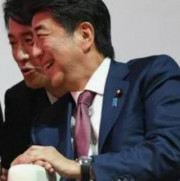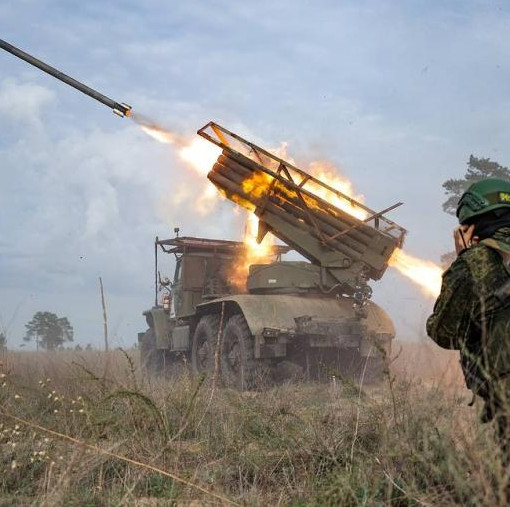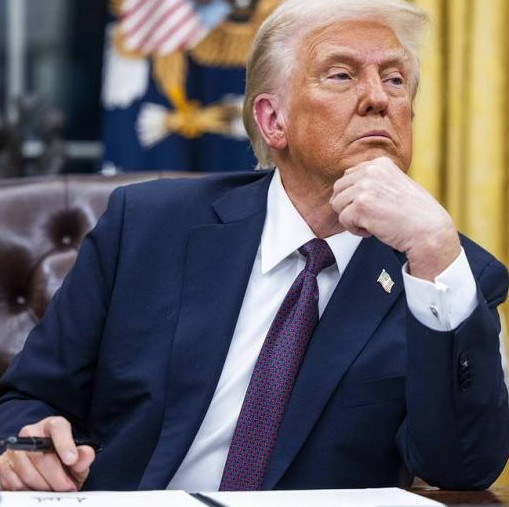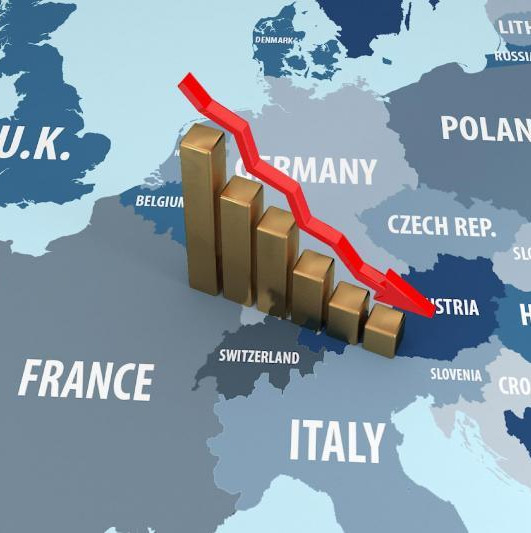People of Montenegro will remember the spring of 1999 for a long time. Waking up every day to the roar of sirens, heralding the approach of NATO aircraft, Montenegrins could not understand why they were being bombed, why innocents were killed? And today, just 16 years later, NATO secretary general Jens Stoltenberg invited Podgorica to join the military alliance that recently applied airstrikes at Yugoslavian soil.
"NATO took a historic decision to start negotiations on Montenegro's accession," - he said at the alliance foreign ministers summit on December 2.
The question arises why Montenegrins suddenly decided to join the alliance that just recently destroyed their country? Have the citizens of this Balkan state forgiven NATOs past crimes? The answer is simple - no one really asked them. Decision on Euro-Atlantic integration was adopted by the country's Parliament. 50 out of 81 MP voted "yes". Only 50 people have determined the fate of the country for many decades to come! At the same time a referendum was not a question both at the time of voting, and now.
However on 13 December Montenegrins made it clear that they must decide for themselves with whom to be: NATO or Russia. In response, PM Milo Djukanovic said: "There is no legal obligation, nor a political need to hold a referendum on Montenegro's accession to NATO." The categorical position of the permanent leader of the republic is quite understandable: he knows that accession to NATO cannot receive any popular support. Both the Montenegrin PM and NATO are well aware of this. No wonder Brussels demands Podgorica to achieve greater popular support for the integration processes.
The idea of being drawn into a military alliance makes Milo Djukanovic even more unpopular among the population of Montenegro. Under his unchallenged leadership the country has been degrading for 25 years. Industry, agriculture, social sector, armed forces - all in decline. Not to mention the highest level of corruption in higher echelons of power and close ties with the top Balkan criminals. Will NATO resolve the economic crisis in Montenegro, will it invest in agriculture, and will it build new plants and create jobs? The answer, in my opinion, is obvious.
Euro-Atlantic integration will complicate relations with Russia. Today, due to very obvious reasons, Russians have an extremely negative attitude toward the alliance led by Washington. And, in case of accession, Montenegro as a tourist destination will be by far less attractive for our citizens. For the same reason Russian investment in the Montenegrin real estate will be reduced.
And that's just the beginning. From the moment Montenegro authorities have received the invitation to NATO they tend to show Euro-Atlantic solidarity, either by receiving direct instructions from Brussels, or by stepping up anti-Russian sanctions. Does Milo Djukanovic expect to maintain "friendly relations" with Moscow?
This question has already been answered by deputy chairman of Russian State Duma Sergei Zheleznyak: "The introduction of additional sanctions against Russian citizens by Montenegrin authorities would lead to forced response steps that will not help reducing social and political tensions in Montenegro."
In other words, Montenegrin authorities' actions are currently illogical and lead to further decline in living standards of the country. And this does not need any "hand of Moscow". Milo Djukanovic forces people to get to the streets and demand the resignation of the government again and again, demanding a referendum, demanding justice.
At first "Balkan dictator" decided to "strangle" the protest movement by tear gas and batons. But his "Western colleagues" didn't appreciate this. Bloodied faces of protesters looked painfully undemocratic on leading TV channels. Now the police are committed to stay out of the protesters' actions and the country's leadership relies on the information blockade and controlled media "propaganda veil."
But the voice of reason from the West is heard ever more often. NATO countries already blush because of one of their "unstable" members - Turkey that jeopardized all the progress between Brussels and Moscow. And many fear that Montenegro's Euro-Atlantic integration will be yet another obstacle on the way toward the consolidation of efforts to combat global terrorism.
Thus, according to the co-chairman of the Leftist faction of the German Bundestag, Sarah Wagenknecht, Montenegro is essentially divided into two camps - one wants reapprochement with NATO, another - with Russia. "In such stressful conditions anyone who's eager to join NATO, warms up internal conflict - the politician believes. - Alliance thus consciously creates new tensions in relations with Russia. Moscow has made it pretty clear that any expansion of the alliance will be perceived as a hostile act."
In conclusion, we call on our Western colleagues to look at the situation past the picture drawn by Milo Djukanovic, and answer one question: is it worth it to create a powder keg in Europe with your own hands? Or should they concentrate on more pressing issues, such as the joint fight against terrorism?









